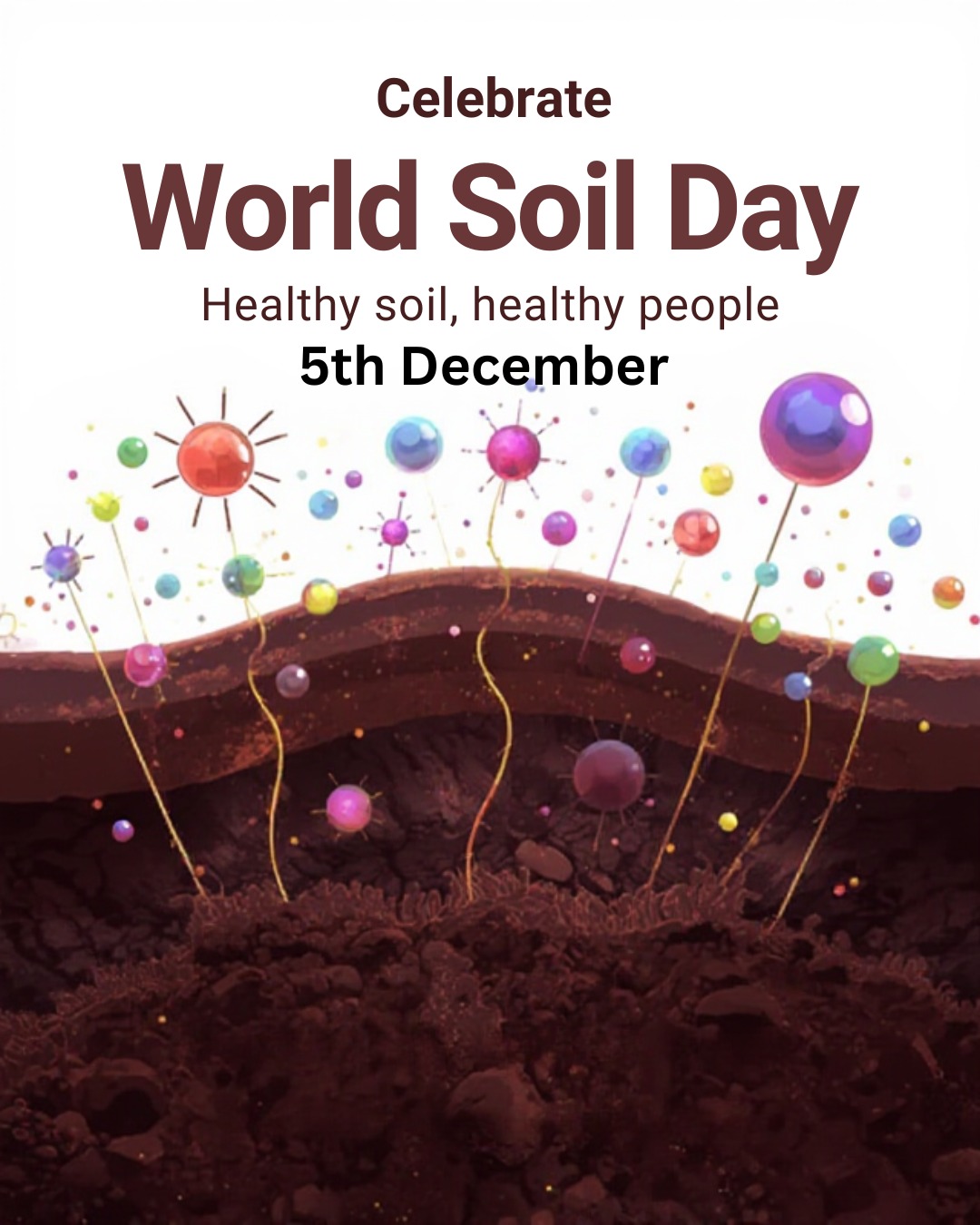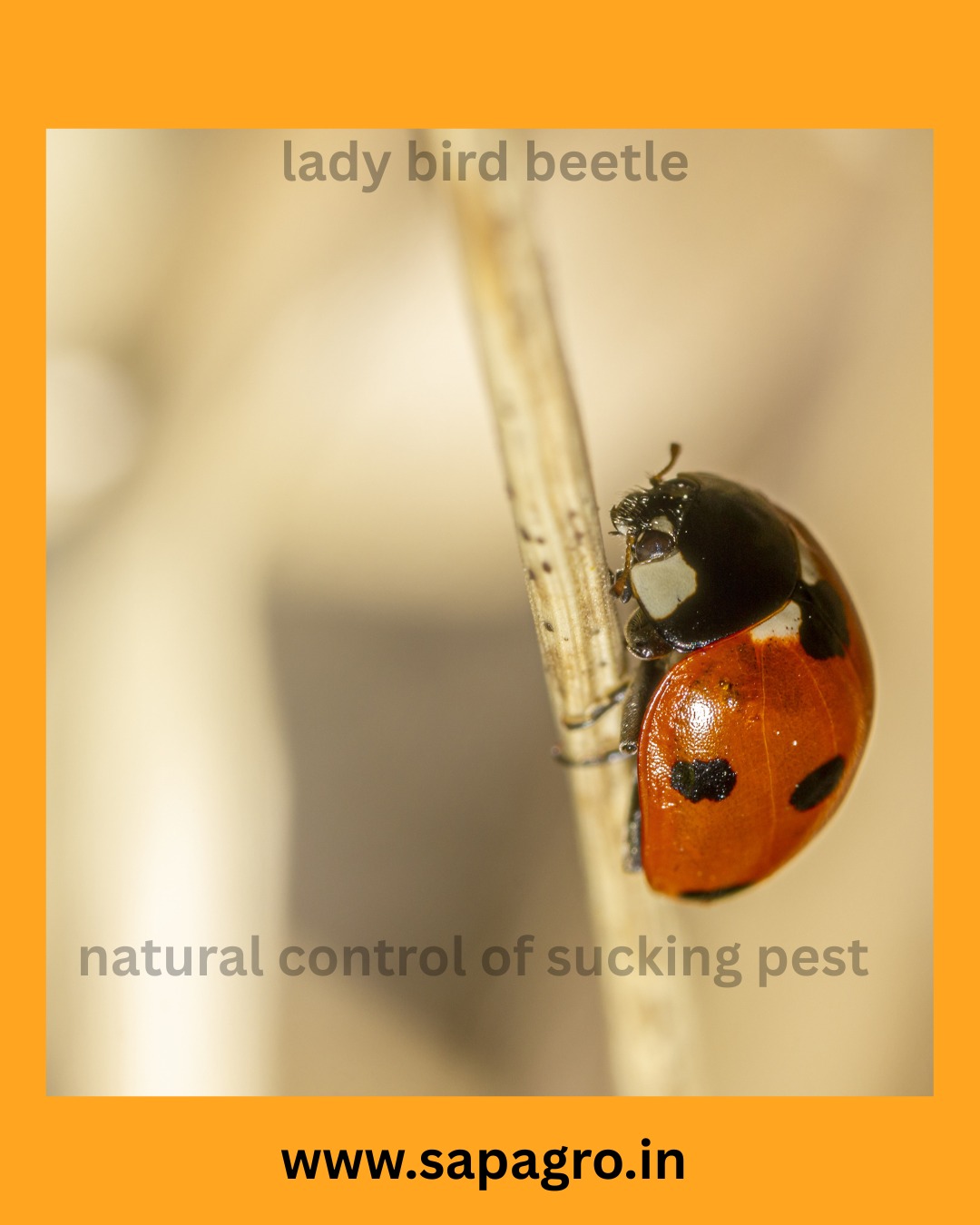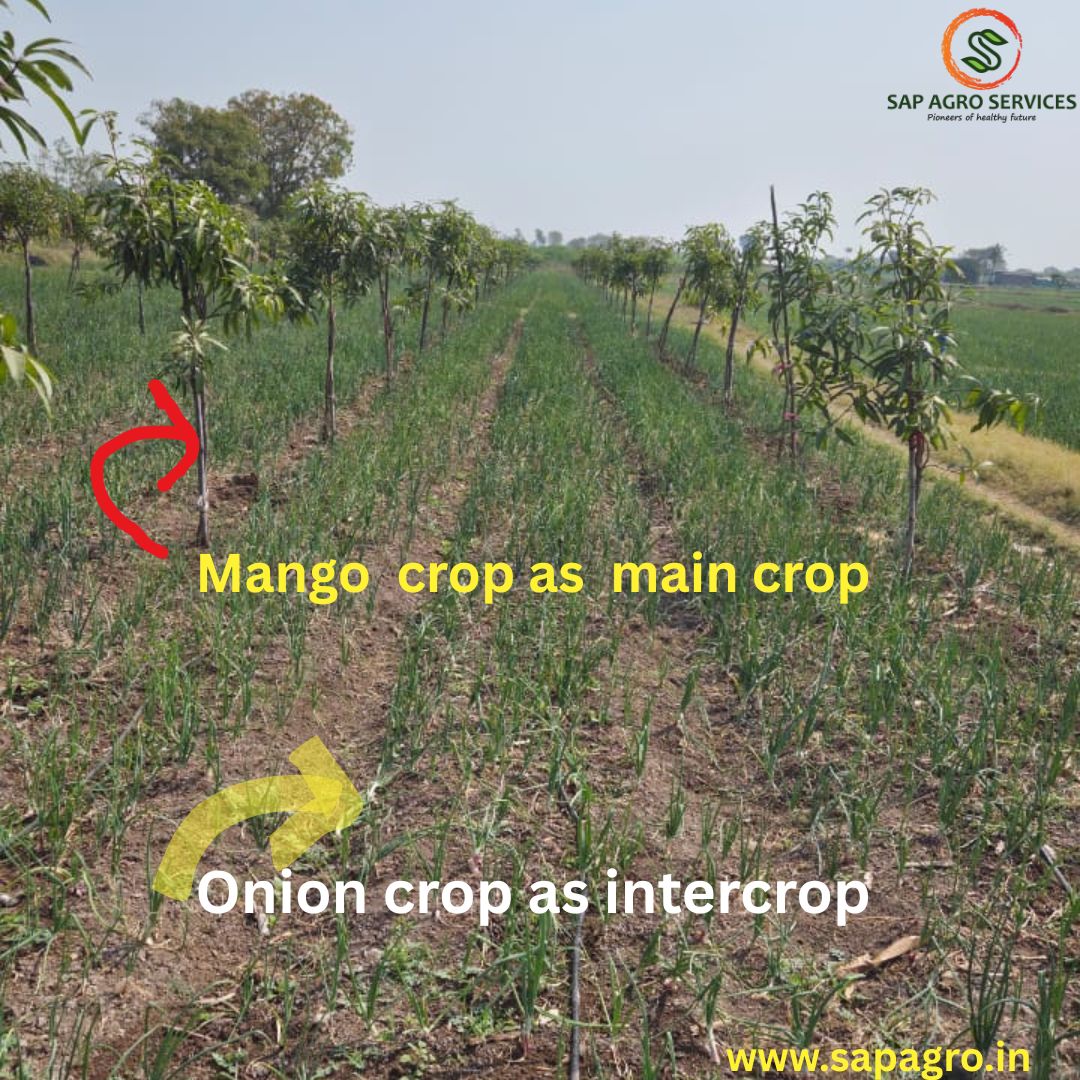
Introduction:
In recent years, organic farming has gained significant momentum as people become increasingly conscious of the impact of conventional agriculture on the environment and human health. Organic farming offers an alternative approach that emphasizes sustainability, biodiversity, and natural processes. In this blog, we will delve into the definition of organic farming, explore its various types and methods, discuss its importance, and highlight its key objectives.
Defining Organic Farming:
Organic farming can be defined as an agricultural system that relies on natural processes and techniques to cultivate crops and raise livestock. It eschews the use of synthetic fertilizers, pesticides, and genetically modified organisms (GMOs), instead emphasizing the use of organic inputs and the promotion of ecological balance. Organic farmers prioritize the health of the soil, biodiversity, and the overall well-being of the ecosystem.
Types of Organic Farming:
Crop-Based Organic Farming:
Crop-based organic farming focuses primarily on cultivating organic crops such as fruits, vegetables, grains, and herbs. It employs practices such as crop rotation, intercropping, and companion planting to maintain soil fertility, prevent pests and diseases, and optimize resource utilization. Crop rotation helps break pest and disease cycles, improve soil structure, and enhance nutrient availability. Intercropping involves growing different crops together to enhance pest management and maximize space utilization. Companion planting involves strategically planting beneficial plant combinations to repel pests, attract beneficial insects, and enhance nutrient uptake.
Livestock-Based Organic Farming:
Livestock-based organic farming revolves around raising animals using organic principles. It entails providing them with organic feed, access to outdoor areas, and prohibiting the use of growth hormones or antibiotics. It also emphasizes animal welfare, promoting natural behaviors and reducing stress. Sustainable livestock farming may include raising poultry, cattle, sheep, goats, or pigs in a manner that respects their natural needs and ensures their health and well-being.
Organic Farming Methods:
Organic Farming Methods Includes Crop Rotation, Composting and Biological Pest Control
Crop Rotation:
Organic farmers implement crop rotation, a practice where different crops are grown in a planned sequence over several seasons. This method helps maintain soil fertility, breaks pest and disease cycles, and reduces the need for synthetic inputs. By rotating crops, farmers can replenish soil nutrients, improve soil structure, and prevent the buildup of pests and diseases. For example, leguminous crops like peas or beans can be rotated with other crops to fix nitrogen in the soil and reduce the need for synthetic nitrogen fertilizers.
Composting:
Composting is the process of decomposing organic materials such as plant residues, animal manure, and kitchen scraps to create nutrient-rich compost. Organic farmers use compost as a natural fertilizer to enrich the soil, improve its water-holding capacity, and enhance nutrient availability for plants. Composting also contributes to carbon sequestration, mitigating climate change. It helps recycle organic waste, reduces the need for synthetic fertilizers, and improves soil fertility and structure.
Biological Pest Control:
Organic farmers employ various techniques to manage pests and diseases without relying on synthetic pesticides. They introduce beneficial insects, such as ladybugs and lacewings, which prey on pests, or use biological agents like bacteria and fungi that combat specific diseases. Additionally, they implement cultural practices like crop rotation, trap cropping, and physical barriers to create an unfavorable environment for pests. By promoting natural pest control mechanisms, organic farming reduces the reliance on chemical pesticides, protects beneficial insects, and maintains a balanced ecosystem.
Importance of Organic Farming:
Environmental Conservation:
Organic farming plays a vital role in conserving the environment. By avoiding synthetic pesticides and fertilizers, it reduces water pollution, protects biodiversity, and preserves natural habitats. Organic practices also promote soil health, prevent erosion, and increase carbon sequestration, making them essential in mitigating climate change. Organic farms often foster biodiversity by providing habitats for beneficial insects, birds, and other wildlife, contributing to the overall ecological balance.
Health Benefits:
Organic produce is grown without synthetic pesticides, GMOs, or antibiotics. This makes it healthier for consumers, as it reduces exposure to potentially harmful substances. Organic foods often have higher levels of beneficial nutrients, such as vitamins, minerals, and antioxidants, contributing to improved overall health and well-being. Additionally, organic livestock farming prohibits the use of growth hormones and antibiotics, ensuring that animal products are free from these substances.
Sustainable Agriculture:
Organic farming focuses on long-term sustainability. By prioritizing soil health, water conservation, and ecological balance, organic practices ensure that agriculture can be sustained for future generations. The emphasis on natural processes and reduced reliance on external inputs makes organic farming economically viable and environmentally friendly in the long run. Organic farmers aim to build resilient and productive farming systems that can adapt to changing environmental conditions and reduce dependence on non-renewable resources.
Objectives of Organic Farming:
Enhancing Soil Fertility:
Organic farming aims to nurture and improve the health of the soil through natural processes. Organic practices, such as composting, cover cropping, and crop rotation, increase soil organic matter, enhance nutrient availability, and improve soil structure. This objective ensures sustainable and productive agriculture while reducing the need for synthetic inputs.
Protecting Ecosystems:
Organic farming strives to preserve biodiversity, protect natural habitats, and promote a healthy balance between agriculture and the environment. By avoiding chemical inputs, it prevents harm to beneficial insects, birds, and other wildlife. Organic farmers often create wildlife-friendly areas, implement conservation practices, and conserve water resources to maintain ecosystem resilience.
Promoting Human and Animal Welfare:
Organic farming prioritizes the well-being of farm workers, animals, and consumers. By prohibiting the use of synthetic growth hormones, antibiotics, and other harmful substances, organic practices ensure safer and healthier agricultural practices. Additionally, organic livestock farming emphasizes animal welfare, providing animals with outdoor access, natural feed, and suitable living conditions.
Conclusion:
Organic farming is a holistic approach to agriculture that values sustainability, biodiversity, and the health of both the environment and consumers.
By embracing organic farming methods and objectives, we can contribute to a healthier planet and create a sustainable food system that meets the needs of present and future generations.
Through practices that enhance soil fertility, protect ecosystems, and prioritize human and animal welfare, organic farming offers a viable pathway to a more sustainable and resilient future.
You may also like best organic farming training in India, and also in you are looking for the best digital marketing course in dadar, then moving digits is the best place for you.














